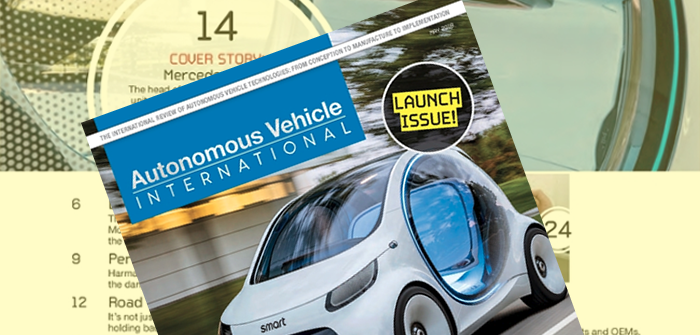Civil Maps, an Edge-based mapping and localization platform for autonomous vehicles, has ported its vehicular cognition stack to run on Arm processors. The move means that developers of AVs can enjoy the benefits of SoCs (system-on-chip) for safe navigation and localization.
The Arm-powered HD maps and localization solution further enhances the streamlined nature, light weight and performance of the Civil Maps platform and will enable greater levels of reliability and efficiency while overcoming chronic limitations of power consumption, CPU, storage and network requirements, Civil maps said.
As Arm technology becomes ever more ubiquitous in vehicle ECUs, Civil Maps will be easier to integrate into vehicles than before. Civil Maps claims that no other competing solutions, which commonly rely on x86 and/or GPU-based architectures, currently offer developers a path to production-scale vehicle autonomy.
“Civil Maps is excited to take a leadership position in accelerating a game-changing Arm-based workflow for self-driving car makers,” said Sravan Puttagunta, CEO and co-founder of Civil Maps.
“By reducing complexity, cost, in-car real estate and power consumption, we are all now a step closer toward freedom from many of the systemic operational bottlenecks that have greatly encumbered AV development today.”
“Committing to an Arm-based architecture will greatly assist Civil Maps in seamlessly commercializing their technology to leading auto makers,” said Tim Dawkins, autonomous car specialist at SBD Automotive.
“This approach will allow the OEMs and technology companies involved with autonomous development to implement a scalable localization platform with lean compute requirements.”
By Illya Verpraet


